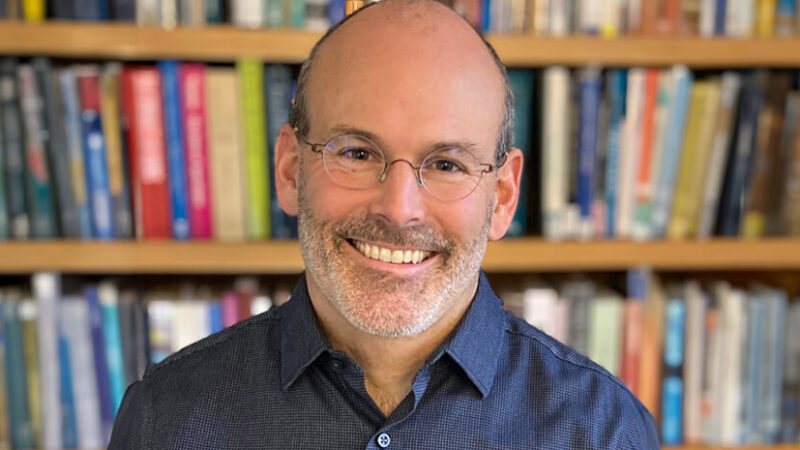Judson Brewer: Ending Worry Addiction and Unwinding An...
Do you have a habit you just can’t break no matter how hard you try or how badly you want to? Renowned addiction psychiatrist, neuroscientist, and bestselling author Judson Brewer—or Dr. Jud, as he’s widely known—has helped millions of people find freedom from excessive worry, overeating, cigarette smoking, and many other challenging behaviors. In this podcast, Tami Simon speaks with Dr. Jud about his life-changing books—The Craving Mind, Unwinding Anxiety, and most recently, The Hunger Habit—and his compassionate and respectful approach to habit change.
Enjoy this empowering and “aha!-inducing” conversation about breaking the cycle of anxiety; the process of negative reinforcement; fear of the future vs planning for the future; the three elements of a habit loop: trigger, behavior, reward; the pros and cons of distraction; distress tolerance—a survival skill for our times; changing the reward value of a behavior; karma and reinforcement learning; exploring gratification to its end; the brain as a smoke detector; recalibrating the nervous system after trauma; the concept of dependent origination; the superpower of interest curiosity; hedonic hunger vs homeostatic hunger; paying attention to your “pleasure plateau” when it comes to food; awareness as the key ingredient for behavior change; the mantra “What’s this?”; and more.
Note: This episode originally aired on Sounds True One, where these special episodes of Insights at the Edge are available to watch live on video and with exclusive access to Q&As with our guests. Learn more at join.soundstrue.com.




